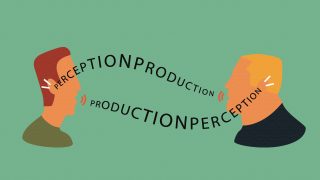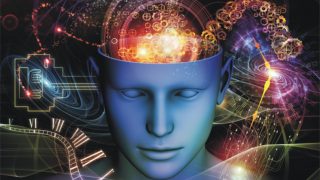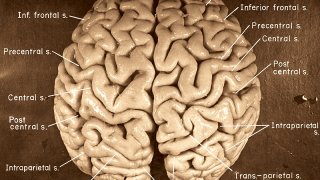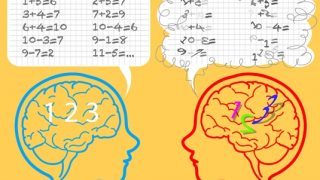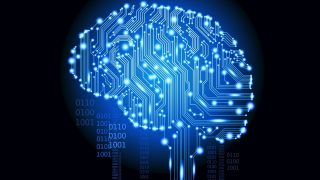
The convergence of neuroscience and artificial intelligence
Several researchers in the field of artificial intelligence (AI) are warning about an AI winter, which means that scientists might lose the interest on the discipline, institutions reduce drastically the funding towards its research and lose presence in the public debate. It wouldn’t be the first AI winter though. The last two decades have been […]
